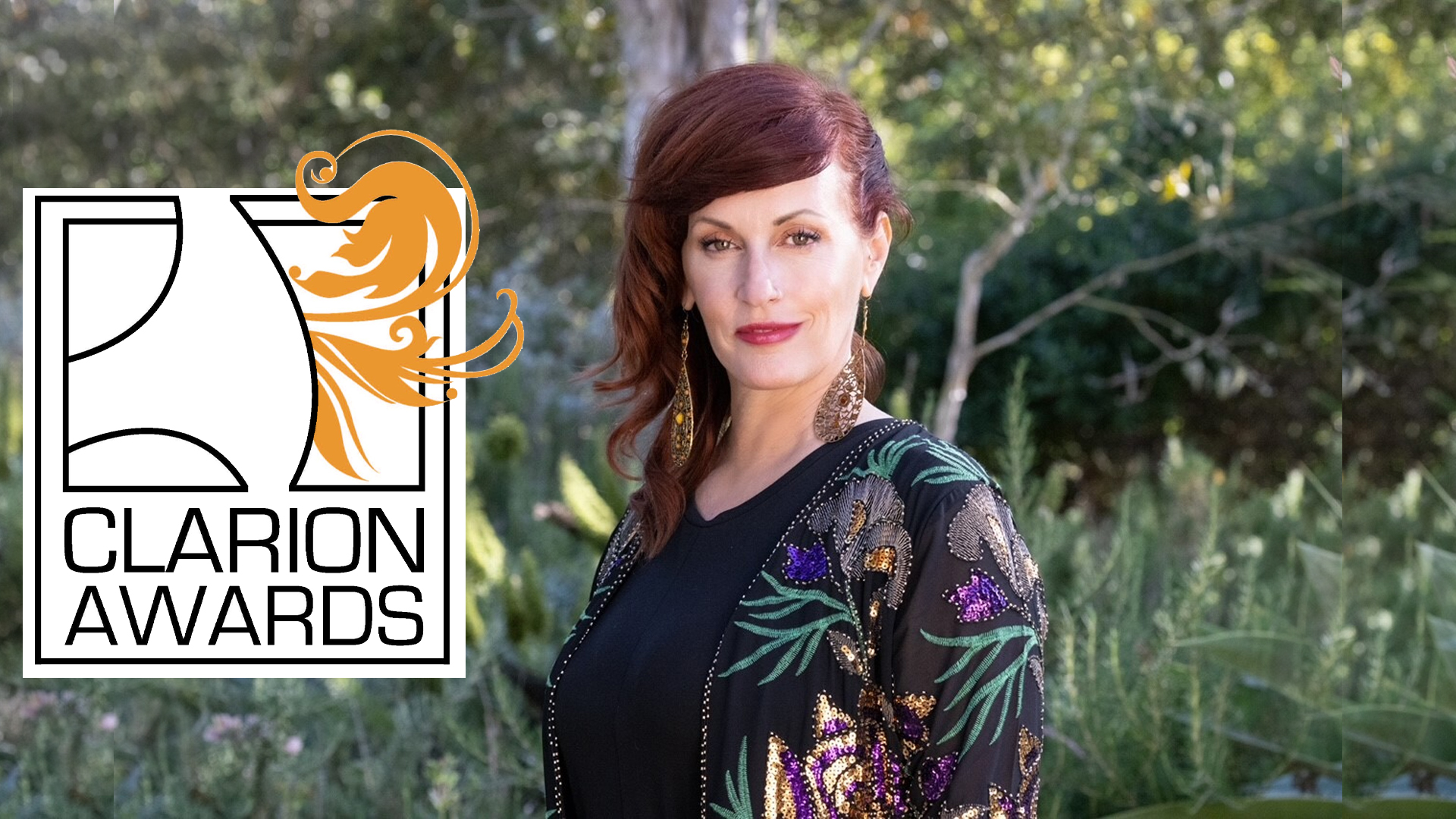Learning the Complex Choreography of Becoming a Coach: Coaching Dialectics as a Developmental Path
Guest Blogger: Penny Potter, PhD, PCC – https://www.linkedin.com/in/pennypotter/

Complexity is increasing at greater levels than we can keep up with and many suggest this is creating an ever-widening complexity gap. Some have suggested that coaching is one solution to develop an individual’s capacity to manage complexity. However, given that only a relatively privileged few are afforded coaching, this seems an unlikely candidate. One overlooked area of developmental coaching is the coach and the process of becoming a coach.
Coaching may look easy, yet it is an incredibly complex and unusual combination of skills that coaching students must begin to master, typically in training programs that range from five to eight months in duration. Consider the complexity that a coach must enact in a single coaching conversation:
In a single coaching session with a client, an artful coach coordinates a complex set of skills that come together in an improvisational conversational dance with the client. While listening closely, a coach must also simultaneously observe multiple data points beyond the conversational content. She must observe subtle shifts in energy and emotion in both her client and herself. She holds the client’s agenda while staying open to what unfolds and makes decisions about which response will have the most impact for the client. The coach connects multiple themes and ideas from both present and past conversations. She seeks her client’s perspectives without making judgments, while observing and lightly holding her own perspectives. All this is done while being in-the-moment and fully present to her client, as well as her own thoughts, feelings, somatic reactions. How does one come to embody this complex choreography? (Potter, 2017, p. 15)
Ask coaches about their coach training experience and you are likely to hear something like, “It was transformational!” This is largely true, regardless of the coach training programs they attended. Is there a connection between these consistently enthusiastic reports and the ability to manage complexity?
Something magical occurs in coach training programs. I personally experienced this in my own training; as an instructor in coaching education programs, I have had the privilege of witnessing the magic unfold. I’ve also witnessed predictable, oftentimes “bumpy” patterns of learning and inexplicable deep personal transformations that occur as students become coaches.
What can we learn about facilitating the ability to manage complexity from the process of becoming a coach? My research suggests that the process becoming a coach accelerates individuals’ capacity to manage complexity at twice the rate and in half the time as those who attend traditional college courses. However, this exploratory study only scratches the surface. There is much more to learn about the elements specific to becoming a coach that creates these results. Based upon my research, I have a few ideas that require follow-on studies.
If we can pinpoint and replicate this phenomenon that occurs so consistently in coach training, it may provide useful pedagogy in other educational settings.
Evidence Based Coaching (EBC) Thought Leaders Webinar: Learning the Complex Choreography of Becoming a Coach: Coaching Dialectics as a Developmental Path
Held on Saturday, October 12, 2019, 9am – 10am Pacific
Watch the YouTube video now at https://youtu.be/g8qnEGbtlDo
Speaker: Penny Potter, PhD, PCC, https://www.linkedin.com/in/pennypotter/
Host: Terry H. Hildebrandt, PhD, MCC, MCEC – Director of Evidence Based Coaching, Fielding Graduate University
Since completing her own coach training in 2006, Penny has been fascinated by coaches’ consistent descriptions of their coach training as “transformational” – regardless of which program they attended. In her doctoral research and experiences as a coaching instructor, Penny continues to ask, “What is inherently transformational about becoming a coach, and what is the nature of these transformations?”
Many have suggested that coaches can facilitate adult development. However, one overlooked area of scholarship is the coach and the complex process of becoming a coach. In this presentation, Penny will present the findings of her mixed methods study of coaching students who completed a six-month coaching program. She will also describe a coaching dialectics model – derived from several theorists — to explain the complexity of coaching, and which may provide a clue to this overlooked developmental path.
Watch the YouTube video now at https://youtu.be/g8qnEGbtlDo
For more see https://www.fielding.edu/blog-post/ebc-thought-leaders-webinar-understanding-developmental-readiness-for-coaching/
Bio of Penny Potter, PhD, PCC
Dr. Penny Potter is a coach, educator, and author. She teaches the foundations of coaching in George Mason University’s OD masters program and was a founding member and instructor in GMU’s ICF-accredited coaching certificate program. Penny has a thriving coaching business and specializes in coaching those in transition. She also consults with organizations on what it means to develop a coaching culture. Penny has two articles that will be published in 2020 that are based upon her Fielding dissertation research. She is also currently supporting GSAEC’s efforts to document evidence-based supervision competencies.
For more on Fielding’s EBC Coach Training Program, see http://coach.fielding.edu
#coach #ebc #fielding #coachtraining #coaching #evidencebasedcoaching
Join Over 7,500 Fielding Alumni Located Around The World!
Change the world. Start with yours.™






Get Social